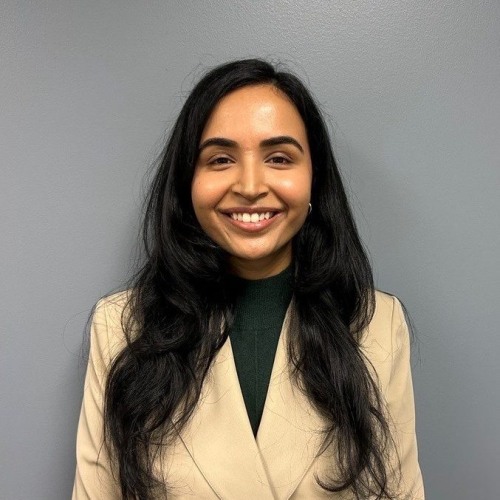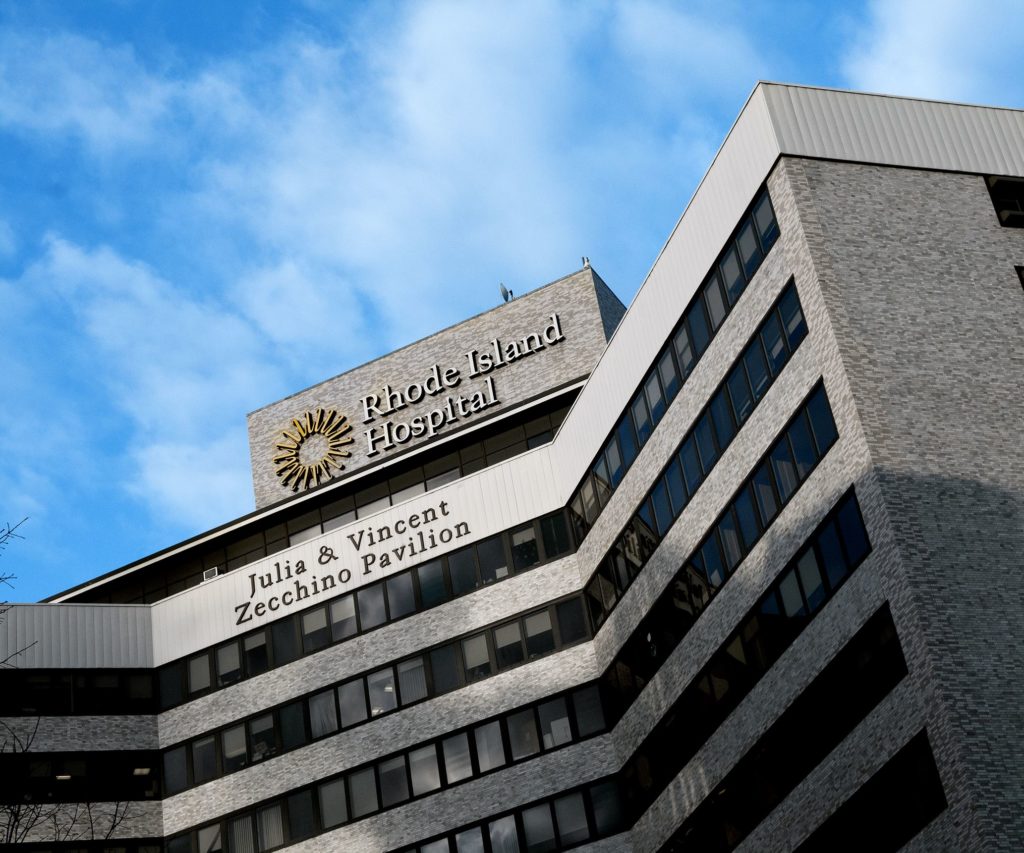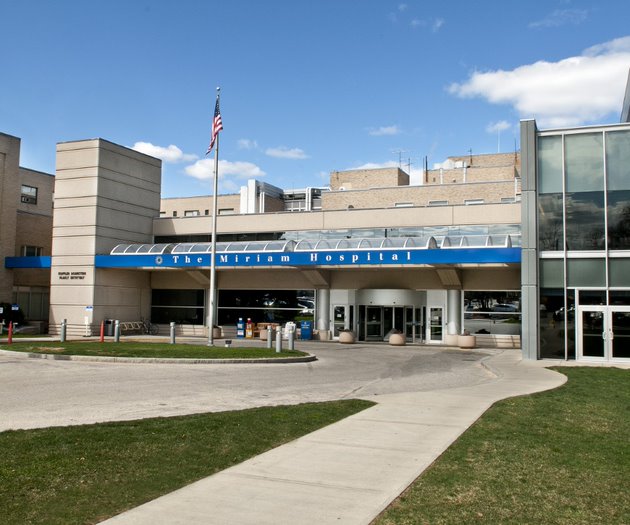Interventional Radiology Residency Program
The Brown Residency Program in Interventional Radiology strives to provide a comprehensive and collegial learning experience that fosters professional and personal growth.
Interventional Radiology Residency Program
The Brown Residency Program in Interventional Radiology strives to provide a comprehensive and collegial learning experience that fosters professional and personal growth.
Interventional Radiology
Residency Program Overview
Integrated Residency Program
History and Mission
As one of the first Interventional Radiology Residency programs in the country, Brown IR continues to be a leader in IR education. Brown IR is an established division with a rich history in IR leadership and education. Our mission is to help you reach your maximum potential as future Interventional Radiologists by promoting clinical care, comprehensive training, strong diagnostic radiology training, and resident autonomy. Both Integrated and Independent IR residencies are available.
Clinical Care
The Brown IR program is committed to clinical care of the patient. There is a free-standing IR clinic as well as a dedicated Interventional Oncology Clinic. The IR resident is fully integrated into the outpatient clinic experience and participates in consultation, follow-up, and longitudinal care of the IR patient. Patient and resident continuity is preserved as much as possible. In addition, we have a full IR admission service as well as a busy consult service for emergencies and inpatients.
Comprehensive Training
A major strength of the Brown IR program is the well-rounded training including peripheral arterial disease, venous thromboembolic disease, interventional oncology, women’s health, portal hypertension, urology, gastrointestinal care, MSK, dialysis and vascular access, AV and lymphatic malformation, and neurointerventional radiology. Rhode Island Hospital is the tertiary university teaching hospital for Brown. Together with the Miriam Hospital, Hasbro Children’s Hospital, and Women and Infants Hospital, Rhode Island Hospital provides services throughout Rhode Island and southeastern Massachusetts and Connecticut. Rhode Island Hospital is a level 1 trauma center, a comprehensive stroke center, and has one of the busiest emergency departments in the country. This combination allows for a diverse IR experience.
Multi-Disciplinary Care
Brown IR is an integral part of multi-disciplinary care. We are a major participant of numerous multi-disciplinary clinical programs including interventional oncology, pulmonary embolism rescue team, arterio-venous and lymphatic malformation clinic, and portal hypertension program. Brown IR residents play an active role in concert with faculty.
DR Training
Being a resident-focused program with a diverse patient population and pathology, the Brown DR program provides a fantastic training environment for the IR resident. It is a busy resident-focused program with emphasis on supervised autonomy including independent night float and inhouse moonlighting opportunities. For more information on the Brown DR program and the department, please visit the DR residency page.
Program Leaders
-

DaeHee Kim, MD
Program Director, Interventional Radiology; Assistant Professor of Radiology -

John Lee, MD
Assistant Professor of Radiology, Clinician Educator -

Mangaladevi S. Patil, MD
Assistant Professor of Radiology, Clinician Educator
Diagnostic Radiology Residency Program
The Residency Program in Diagnostic Radiology is a four-year program offering comprehensive, state-of-the-art training. We welcome you to learn more about our program, our residents, our faculty and our city.
Why I Chose Brown
“ I chose Brown VIR because the program has it all! High volume, interesting and diverse cases, fun and diverse residents, and supportive faculty mentors. Providence also has great food and outdoor activities. ”
“ I chose Brown IR because I wanted a well-rounded training program with high case volumes and excellent mentors. Having been a medical student at Brown, I knew this program was unique in its ability to train residents and fellows to be well versed in the full gamut of IR, including stroke intervention, and the mentorship I witnessed while a medical student was second to none. The interventional program is also backed by excellent training in DR, which is all the more important for integrated IR/DR residents who won’t have as much time in the various DR sections as their strictly DR colleagues. I was also thrilled to stay in Rhode Island for residency, a place which combines the best of ocean beaches and New England charm, while still feeling like a tight-knit community, and which has served as a safe, fun, and exciting place for my son to grow up. ”
“ I chose IR because of its unique position at the intersection of surgery and radiology. Being able to both diagnose problems on one side, then tangibly create solutions on the other is a really satisfying thing. Brown stood out to me in particular because of the robust foundational diagnostic training it provides as well as its tradition of shaping residents into strong and able clinicians. ”
IR Training Sites/Equipment

- 719 beds
- Level 1 Trauma
- Comprehensive Stroke Center
- 5 IR suites (2 biplane)
- CT fluoroscopy unit
- Dedicated 10 patient IR recovery room

- 247 bed hospital
- 2 IR suites
- CT fluoroscopy unit
- Dedicated IR recovery room
IR Clinic
IR clinic is an integral part of the IR resident training. Outpatient IR clinic is located directly on RIH campus facilitating resident participation and has office hours Monday through Thursday. A separate and dedicated Interventional oncology clinic is also on RIH campus and has office hours Monday through Thursday. The IR resident’s role is to actively participate in patient assessment, formulation of a plan, and longitudinal follow-up care with appropriate supervision by the faculty. All elective referrals are evaluated as consultations in either IR or IO clinic.
Frequently Asked Questions
Salary and Benefits
Radiology residents are employees of Rhode Island Hospital.
Rhode Island Hospital offers a competitive salary and benefits package to all of its House Staff. Stipends are reviewed annually and recommendations are made by the Graduate Medical Education Committee.
Rhode Island Hospital and The Miriam Hospital offer a competitive salary and benefits package to all of its House Staff. Stipends are reviewed annually, and recommendations are made by the Graduate Medical Education Committee.
| Stipend (as of July 2024) | Vacation | |
|---|---|---|
| PGY1 | $69,750.45 | 3 weeks |
| PGY2 | $72,675.75 | 3 weeks |
| PGY3 | $77,257.95 | 3 weeks |
| PGY4 | $80,901.45 | 4 weeks |
| PGY5 | $83,272.35 | 4 weeks |
| PGY6 | $85,473.15 | 4 weeks |
| PGY7 | $93,026.85 | 4 weeks |
| PGY8 | $96,153.75 | 4 weeks |
Benefits
- State and Federal Credentialing costs including malpractice insurance as a trainee
- Health Insurance & Dental Insurance
- Long Term Disability (LTD) Insurance
- Employee Term Life and Accidental Death & Dismemberment Insurance
- Dependent Life Insurance
- Health Care and Dependent Care Flexible Spending Accounts
- HIV Insurance – Legal Services Insurance
- Long Term Care Insurance
- Tax-Sheltered Accounts – TIAA – CREF
*Benefit costs are shared between the Hospital and the House Staff based upon options selected.
For specific details on benefit options contact the Brown University Health Benefits office (401) 444-5265.
Other Benefits
- Temporary Disability/Temporary Caregiver Insurance (TDI/TCI- State of RI managed programs)
- On-Call meals (residents only)
- Lab coats and scrubs (per departmental policy)
- Laundry (per departmental policy)
- On-Call rooms and Float Call room
- On-Campus day care center (Bright Horizon’s Children’s Center (401) 454-0312)
- Paid and unpaid leave of absence
- Professional leave
- Banking facility and ATM Machine on premises
- Payroll deductions for U.S. Savings bonds
- Direct deposit to any bank
- House officer loan program
- Free employee parking
- Courtesy shuttle service to the parking lots
- Employee assistance program
- Employee activities and discount programs
- Fitness and wellness center on site
- Free notary public
- Employee health services
- Cab Reimbursement Program
How to Apply
All residency applications are to be submitted through ERAS and must include the following:
- Dean’s Letter
- Medical school transcript
- At least 3 Letters of Recommendation
- Personal Statement
- USMLE Scores
After reviewing all applications, the Selection Committee will grant and conduct the interviews and subsequent ranking of applicants. Decisions regarding selection for interview and rank order are made without regard to the applicant’s race, religion, sex (including pregnancy, gender expression, and sexual orientation), age, or national origin.
Eligibility Criteria
Medical Training:
Applicant must be a graduate from one of the following
- Medical school in the U.S. and Canada accredited by LCME
- College of osteopathic medicine in the U.S. accredited by AOA
- International medical school and has a valid ECFMG certificate or a full and unrestricted license to practice medicine in RI
- International medical school and completed a Fifth Pathway program by an LCME-accredited medical school
USMLE:
Successful completion of USMLE step I and II examinations is required. There are no cutoffs on scores or attempts.
Internship:
A clinical year in a program accredited by the ACGME or the Royal College of Physicians and Surgeons in medicine, surgery, OB/Gyn, neurology, family medicine, emergency medicine or in a transitional program is required for entry into the Diagnostic Radiology residency. Radiology elective time during internship must not exceed 2 months and must be in a program accredited by the ACGME.
Other Employment Criteria:
In order to be eligible for employment at Rhode Island hospital, the resident must be eligible for licensure in the state of Rhode Island. All residents must comply with the hospital’s Tobacco-Free policy. The use of tobacco products at any time is prohibited.
Visas Accepted for International Applicants:
International applicants should obtain a J1 Visa, sponsored by the ECFMG. Rhode Island Hospital’s Training Program Liaison works with applicants and the ECFMG to obtain the visa. Rhode Island Hospital will sponsor an initial H1B visa only if the applicant is a graduate of a U.S. Medical School. We will also accept H1B transfers.
Contact Us
Jill Eastman
Residency Program Coordinator
(401) 444-8809